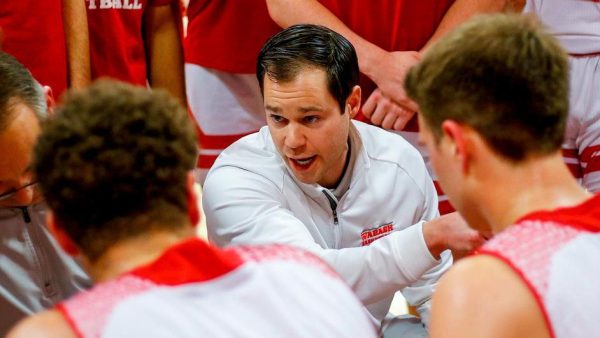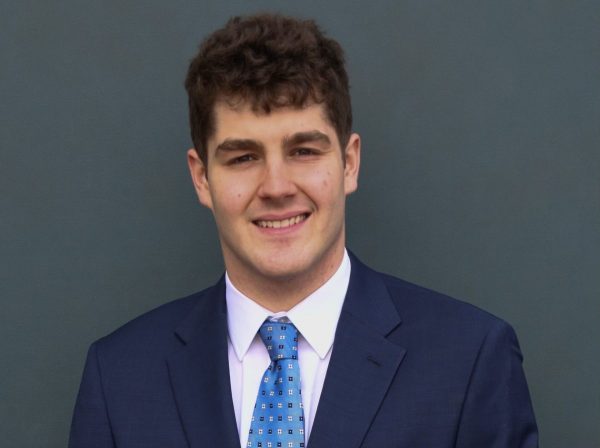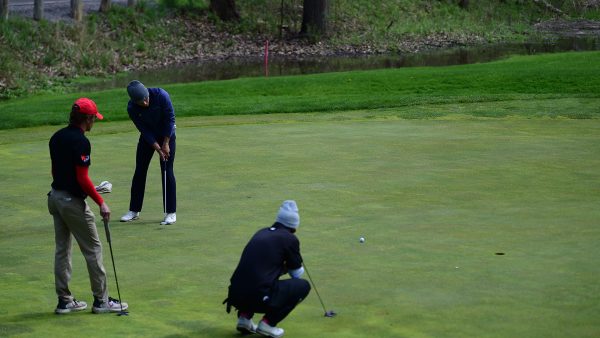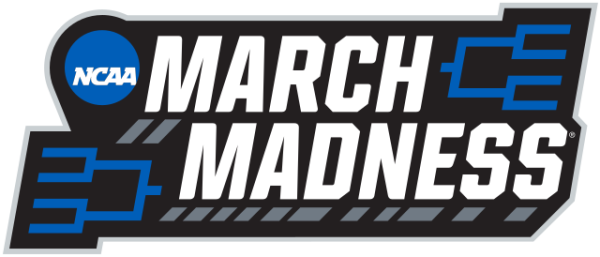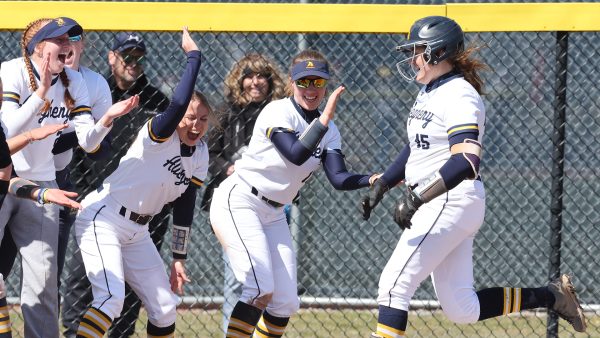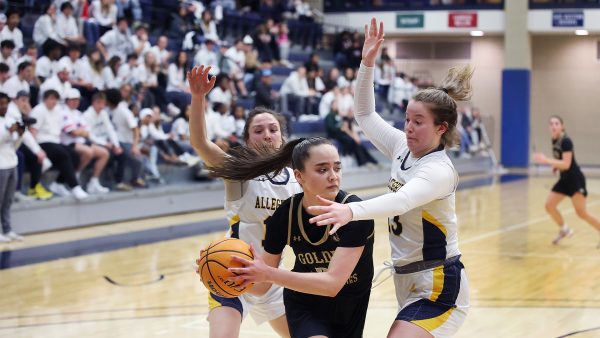Towler discusses Black athletes and Black voter turnout
“How far have we really come and what did Barack Obama’s presidency really represent for our country if it is followed up so quickly by a conservative president who has expressed very racially conservative views?” Assistant Professor Christopher Towler of California State University Sacramento asked.
Towler is the principal investigator for the Black Voters Project — an organization that polls scientific data of African American populations across the U.S. He gave a lecture via Google Meet at 7 p.m. on Thursday, Oct. 15, titled, “The Politics of Sports: How Black Athletes Can Change the Game.”
Towler began his presentation by taking a look at the African American political participation under the Obama administration. When Obama ran in 2008, there was historically high political engagement in the African American community. According to Towler, Obama’s successful presidential campaign was a peak of racial progress in America.
“The election of Obama in 2008 arguably was the culmination of 50 (to) 60 years of rising African American political engagement across the country since the 1965 Voter Rights Act,” Towler said.
A year after Obama was elected into office, a reactionary conservative movement called the Tea (Taxed Enough Already) Party was created. The Tea Party disagreed with Obama’s progressive policies and was in favor of small government. Towler mentioned that the Tea Party had a lot of political influence and helped Republicans win back the House and Senate in Obama’ second term. Towler deduces that the Tea Party movement was the antithesis of the racial progress that allowed Obama to be president.

It is not always appropriate for African American people, especially in political settings, to become angry or show emotional behavior … Their wants, their needs and statements are not taken with the same seriousness…
— Christopher Towler, Assistant Professor, California State University Sacramento
The 2013, the Black Lives Matter movement was formed after the death of Trayvon Martin. Incidentally, BLM came head-to-head with the Tea Party, which eventually led to the “Make America Great Again” movement led by Donald Trump. Several years later, another historic event happened in the name of racial justice: in 2016, Colin Kaepernick took a knee against police brutality during the National Anthem. Towler believes there is a connection between the Tea Party, BLM, Kaepernick’s protest and the election of Donald Trump.
“(Kaepernick’s action) caught the attention of the nation and sort of became a sounding board both for the Black Lives Matter movement in support of his action and the conservative Tea Party in opposition to him, the Black Lives Matter movement, and potential police reform suggested,” Towler said. “Then later in 2016, we see the successful election of Donald Trump and sort of solidifying the end of an era of racial progress.”
Coincidentally, the 2016 election saw a significant drop in Black turnout rates. Towler alluded to the idea that because there was not another strong African American nominee running for office, there was less Black voter turnout. Yet Towler illustrated that the main reason for the drop in African American voter rates was because of Shelby County vs. Eric Holder Supreme Court case. The Supreme Court ruled that Section 4A, which stated that the U.S. had jurisdiction over voting rights was unconstitutional because it was outdated. Therefore, Congress had to update Section 4A, which negated Section 5 — the power for the Attorney General to oversee voting rights. The aftermath of this ruling allowed states to change up their voting policy, and allow more restrictions to voters such as the requirement of voter ID.
Since Section 5A was negated, there was more voter suppression, apathy and alienation within the African American community during the 2016 election. Consequently, Trump won states with significant African American populations in 2016, which may be due in part to the decrease in Black voter turnout. Without the proper use of Section 5A, and without a person of color being the favorite in the 2020 election, the voter mobilization of African Americans from a positive standpoint has been difficult.
Nevertheless, some African Americans’ negative viewpoint on Trump may be enough to prevent him from a second term. Towler’s polls demonstrated that a majority of African Americans had an unfavorable opinion of Trump. Moreover, a 2019 Black Voter Project poll found that a significant number of African Americans found Trump specifically as a racial threat. Even though Trump is seen as a racial threat by African Americans in swing states, that may not be enough to remove him from office. Towler claims that African Americans respond favorably to enthusiastic and positive stigma, rather than anger or fear.
“It is not always appropriate for African American people, especially in political settings, to become angry or show emotional behavior because then they get boxed in then into an angry Black man or angry Black woman stereotype,” Towler said. “Their wants, their needs and statements are not taken with the same seriousness.”
Towler also talked about how Black celebrities and, oftentimes, Black athletes have been political mobilizers. Although there have not been many African Americans in positions of power, the community has looked towards athletes such as John Carlos, who showcased defiance in the 1960 Olympics, and Mohammad Ali, who did not abide by the draft for the Vietnam War to protest racial injustice.
Today, Colin Kaepernick and LeBron James are inspirational political activists. Towler noted that African American voters are more likely to side with their beliefs and statements. Towler also pointed out that many African Americans find Joe Biden and Kamala Harris uninspiring candidates, which could negatively affect the Black vote for Democrats in this year’s election.
In a recent ad campaign, Biden specifically addressed Black voters by including Black mayors in the commercial. While Towler believes this is a step in the right direction, he would like to see a similar inspiring ad without bringing in politicians.
“Even though these are African American representatives, the fact that they are political representatives will push them more to Joe Biden’s camp, than to LeBron James and Colin Kaepernick’s camp when provoking emotion,” Towler said.

Adam Cohen is a third-year student from New York City. This is his second year on the Campus staff and he is a Communication major with a double minor...



